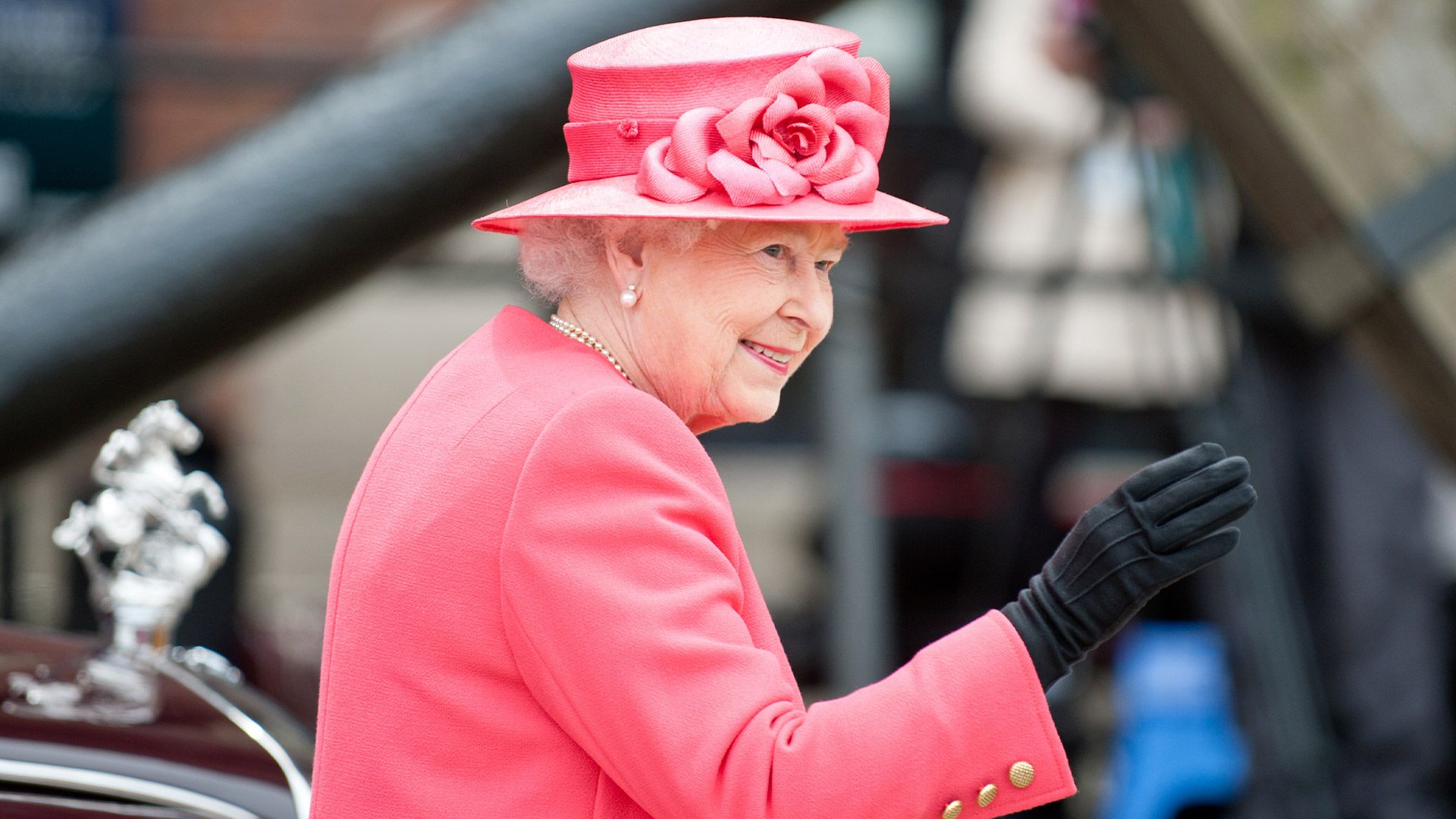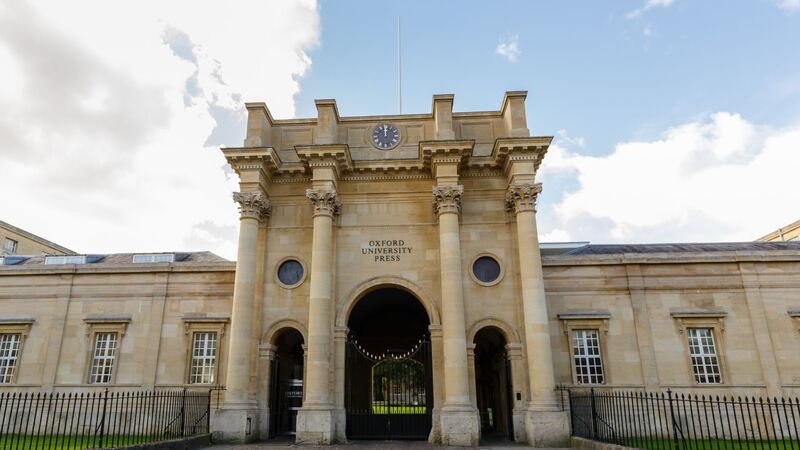You are viewing your 1 free article this month. Login to read more articles.
‘Queen’ voted children's word of the year
Children across the UK have chosen "Queen" as their word of the year for 2022 according to research by Oxford University Press (OUP).
Researchers at OUP have tracked changes in children’s vocabulary and self-expression for over a decade. In previous years they have analysed children’s writing submitted via the BBC 500 Words creative writing competition with Chris Evans. However, in 2022 they wanted children to play a more active role in choosing their word of the year.
This year, 4,000 children aged six to 14 were asked to suggest their word of 2022. Based on the most common responses and themes, three words were shortlisted, with 46% of children surveyed choosing "Queen", 36% selecting "happy" and 14% choosing "chaos". These words were then put to the vote by a further 1,000 children to decide their overall word of the year.
Children were also asked to vote for their top slang words for 2022, with "cool" chosen by 40% of respondents, ahead of "sick/sic" (28%) and "slay" (15%).
In recent years, The Children’s Word of the Year has reflected the influence of media stories and topics of conversation in the grown-up world on young minds and imaginations. In 2021, "anxiety" was chosen as Children’s Word of the Year, while in 2020 it was "coronavirus" and in 2019 children decided on "Brexit".
While the death of Queen Elizabeth II was undoubtedly the driving force behind this year’s selection, changing use of the word can also be credited. A 13-year-old girl who took park in the survey said of her selection: “I always say ’yes queen’ to every woman/girl I know I want them to feel empowered. Every woman/girl I know is a queen in my eyes.”
The survey also found that girls were more likely than boys to relate to the late Queen, with 52% of girls choosing "Queen" as their number one word as opposed to 39% of boys.
Helen Freeman, director of Oxford Children’s, said it comes as no surprise that "Queen" was choose as Children’s Word of the Year: “This not only reflects Her Majesty’s 70 years of incredible service, but over the past decade our research consistently reveals how attuned children are to the news and the impact current affairs have on their language. It’s vital we continue to invest in language development and ensure children have access to a wide range of vocabulary in order to feel equipped to process and discuss the news.”



















